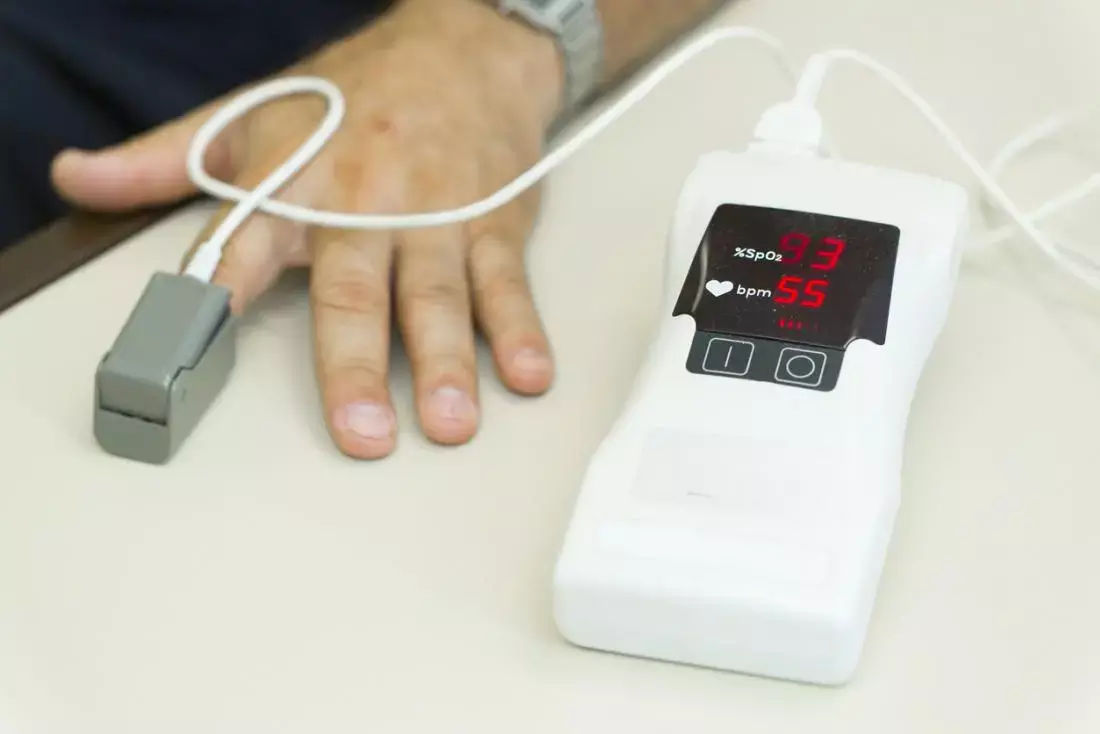- Home
- Medical news & Guidelines
- Anesthesiology
- Cardiology and CTVS
- Critical Care
- Dentistry
- Dermatology
- Diabetes and Endocrinology
- ENT
- Gastroenterology
- Medicine
- Nephrology
- Neurology
- Obstretics-Gynaecology
- Oncology
- Ophthalmology
- Orthopaedics
- Pediatrics-Neonatology
- Psychiatry
- Pulmonology
- Radiology
- Surgery
- Urology
- Laboratory Medicine
- Diet
- Nursing
- Paramedical
- Physiotherapy
- Health news
- Fact Check
- Bone Health Fact Check
- Brain Health Fact Check
- Cancer Related Fact Check
- Child Care Fact Check
- Dental and oral health fact check
- Diabetes and metabolic health fact check
- Diet and Nutrition Fact Check
- Eye and ENT Care Fact Check
- Fitness fact check
- Gut health fact check
- Heart health fact check
- Kidney health fact check
- Medical education fact check
- Men's health fact check
- Respiratory fact check
- Skin and hair care fact check
- Vaccine and Immunization fact check
- Women's health fact check
- AYUSH
- State News
- Andaman and Nicobar Islands
- Andhra Pradesh
- Arunachal Pradesh
- Assam
- Bihar
- Chandigarh
- Chattisgarh
- Dadra and Nagar Haveli
- Daman and Diu
- Delhi
- Goa
- Gujarat
- Haryana
- Himachal Pradesh
- Jammu & Kashmir
- Jharkhand
- Karnataka
- Kerala
- Ladakh
- Lakshadweep
- Madhya Pradesh
- Maharashtra
- Manipur
- Meghalaya
- Mizoram
- Nagaland
- Odisha
- Puducherry
- Punjab
- Rajasthan
- Sikkim
- Tamil Nadu
- Telangana
- Tripura
- Uttar Pradesh
- Uttrakhand
- West Bengal
- Medical Education
- Industry
Pulse oximetry better than Pulp Sensibility Tests for Assessing Pulpal Health in Permanent Teeth

Researchers have found in a new study that Pulp Vitality Tests are better than Pulp Sensibility Tests for Assessing Pulpal Health in Permanent Teeth.
Pulp Vitality testing techniques include pulse oximetry (PO) and Laser Doppler flowmetry (LDF) out of which pulse oximetry demonstrated greater diagnostic accuracy when compared to sensibility testing.
The study has been published in the journal Evidence-Based Dentistry.
In vivo observational studies and clinical trials assessing the diagnostic accuracy of pulp vitality tests and sensibility tests in adult human teeth were screened. Exclusion criteria included non-English articles, deciduous teeth, case reports and in vitro studies.
Data extracted included basic study location, sample size, age of participants, pathology of teeth, type of teeth and the vitality (pulse oximetry or Laser Doppler flowmetry) or sensibility test (cold, hot and electric pulp testing) used. Measures of diagnostic accuracy were synthesised (sensitivity, sensibility, predictive values, and likelihood ratios). Meta-analysis was performed using a bivariate random-effects model producing summary values for sensitivity and specificity. Results were presented as a ROC curve. Risk of bias and the quality of the studies were assessed using the QUADAS-2 tool.
Results:
A total of ten studies were included in the review, of which five were included in the meta-analysis. Overall risk of bias was unclear. Pulse oximetry showed higher diagnostic accuracy than electric pulp testing and thermal testing. Insufficient data precluded quantitative analysis for Laser Doppler flowmetry.
Pulse oximetry demonstrates greater diagnostic accuracy when compared to sensibility testing. Limited sample size and heterogeneity among the included studies limits their applicability. Clinicians should continue to use sensibility testing adjunctively to assess pulpal status, but should be aware of their limitations and interpret their results cautiously.
Further diagnosis of the state of the dental pulp should never be made solely based on the results of a single test but rather should originate from a thorough history, clinical examination, and adjunctive testing techniques.
Adam, M. 'Cold is gold'? The diagnostic accuracy of sensibility and vitality testing techniques. Evid Based Dent 23, 137 (2022). https://doi.org/10.1038/s41432-022-0847-5
Dr. Shravani Dali has completed her BDS from Pravara institute of medical sciences, loni. Following which she extensively worked in the healthcare sector for 2+ years. She has been actively involved in writing blogs in field of health and wellness. Currently she is pursuing her Masters of public health-health administration from Tata institute of social sciences. She can be contacted at editorial@medicaldialogues.in.
Dr Kamal Kant Kohli-MBBS, DTCD- a chest specialist with more than 30 years of practice and a flair for writing clinical articles, Dr Kamal Kant Kohli joined Medical Dialogues as a Chief Editor of Medical News. Besides writing articles, as an editor, he proofreads and verifies all the medical content published on Medical Dialogues including those coming from journals, studies,medical conferences,guidelines etc. Email: drkohli@medicaldialogues.in. Contact no. 011-43720751


